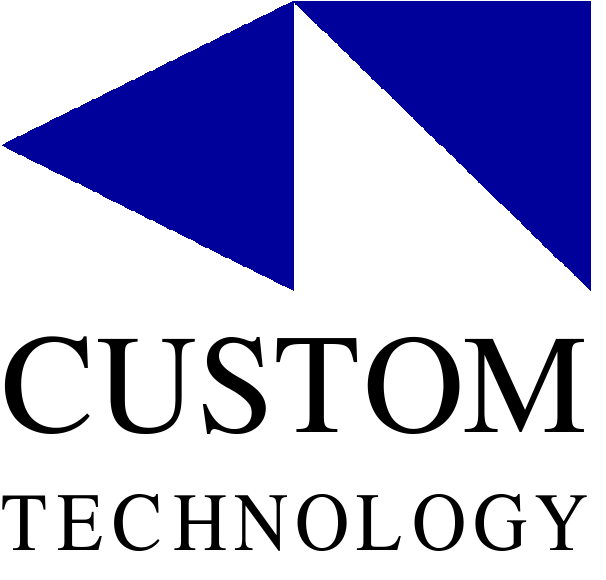As we always say, whatever technology you decide to use, make sure you are in control of your data. In a great talk, Univention CEO Peter Ganten showed us not a future dystopia, or a vision, but reality as it is right now. A reality where not we, but the largest technology companies in this world have control over our most valuable asset: data.
Peter’s presentation focused on Microsoft, but what Microsoft does is of course just one of many examples. Still, it is a good example, showing us again how easy it is to fall into the dependency trap we blogged about before.
Data: The Most Valuable Strategic Asset
In his presentation Peter played a video showing Microsoft CEO Satya Nadella at Microsoft Ignite presenting Microsoft Graph. The video is not just about Graph though. It is about the giants of the software industry having control over our data and using it to generate revenue.
As Nadella states: “It [Graph] creates perhaps the most strategic data asset for each of you…It captures the knowledge of your people, their relationship with other people inside and outside the organization, their work artefacts, their projects, their schedules. That is a very rich data set that you can reason about. You can create additional value inside of your organization”.
It is not hard to see why this is a problem. Take the example provided by Peter Ganten:
Imagine you uploading an Excel sheet, entering data into this sheet, performing calculations and then, after a while, perhaps deleting it. All these actions are stored somewhere in a database that they own. In this way, Microsoft can, for example, see how good you are at working with Excel or the kind of people you usually share your Excel sheets with.
Obviously, it is not the data you enter in the spreadsheet that is of interest to companies like Microsoft, but your behaviour. For example, gaining insight into your work-life balance; the percentage of your working week that consists of meetings; how often you communicate with certain colleagues and much more.
Technology-wise these things are great, but privacy-wise they’re terrible. Think about it: there are over 100 million people all over the world using Office 365 exclusively. Microsoft has access to all their data. Data that many companies are willing to pay big money for. And Microsoft isn’t the only one. Google, Amazon, Facebook, Apple, they’re all doing the same: using data to generate profit.
Don’t Worry, Be Happy
According to Microsoft there is no reason to panic, because whether or not your data is stored in Graph depends on privacy settings. But what to do if you, as an employee, don’t want your data to be collected at all? In the case of Microsoft, the solution they give users is to opt-out of Delve, the UI that lets you manage your Office 365 profile. Still, this does not mean your data is no longer tracked. Delve still continues to work, you just don’t see the document suggestions in the interface anymore. The only way to stop Microsoft from tracking your data is by asking your admin to disable access to Graph. But if your company wants to use Delve it is not likely they will do this as it will affect the relevance of the content displayed elsewhere in Office 365.
Finally, Microsoft states that in the end ‘you own your data’. But what does this mean if your data is stored in a US cloud? Both Dan Shearer and Arnoud Engelfriet state that storing your data in the US cloud is never safe because EU privacy laws are much stricter than US law and ultimately, American companies must obey US law, not EU law.
How Do You Ensure Your Data Privacy?
Then how can you benefit from data insights collected by large software providers while at the same time keeping your data safe? The short answer is: you can’t. As long as you trust a cloud provider with your data, there is a possibility they will make money out of it or use it for purposes that contradict with your company values. To get back to Peter Ganten’s Excel example: based on your interactions with Excel, Microsoft can figure out who’s the best Excel specialist within your company. Microsoft also owns LinkedIn. By combining data from Office 365 and LinkedIn, Microsoft is not only able to identify your top Excel specialists, but also who they’re connected with and what the best ways are to recruit these specialists. So guess who will always find the best employee for the job?
So you have to decide. Either you benefit from the insights provided by companies like Microsoft and accept that your data is being stored and used by others. Or you stay in control of your data by self-hosting your software, something most technology giants won’t let you. Not now and probably not ever.
More about Data Privacy
Read more about why US Cloud Service Providers are Under Pressure download the white paper “EU-US Cloud Privacy Crash” by Dan Shearer, CTO at Privasee (experts in privacy and GDPR compliance).
For more information on deploying Kopano and Univention please see our web site and contact CustomTech (email info@customtech.com.au or call) to arrange a FREE evaluation and discuss your needs.
(This article is based on the original article by Toos Stoker on the Kopano site).


